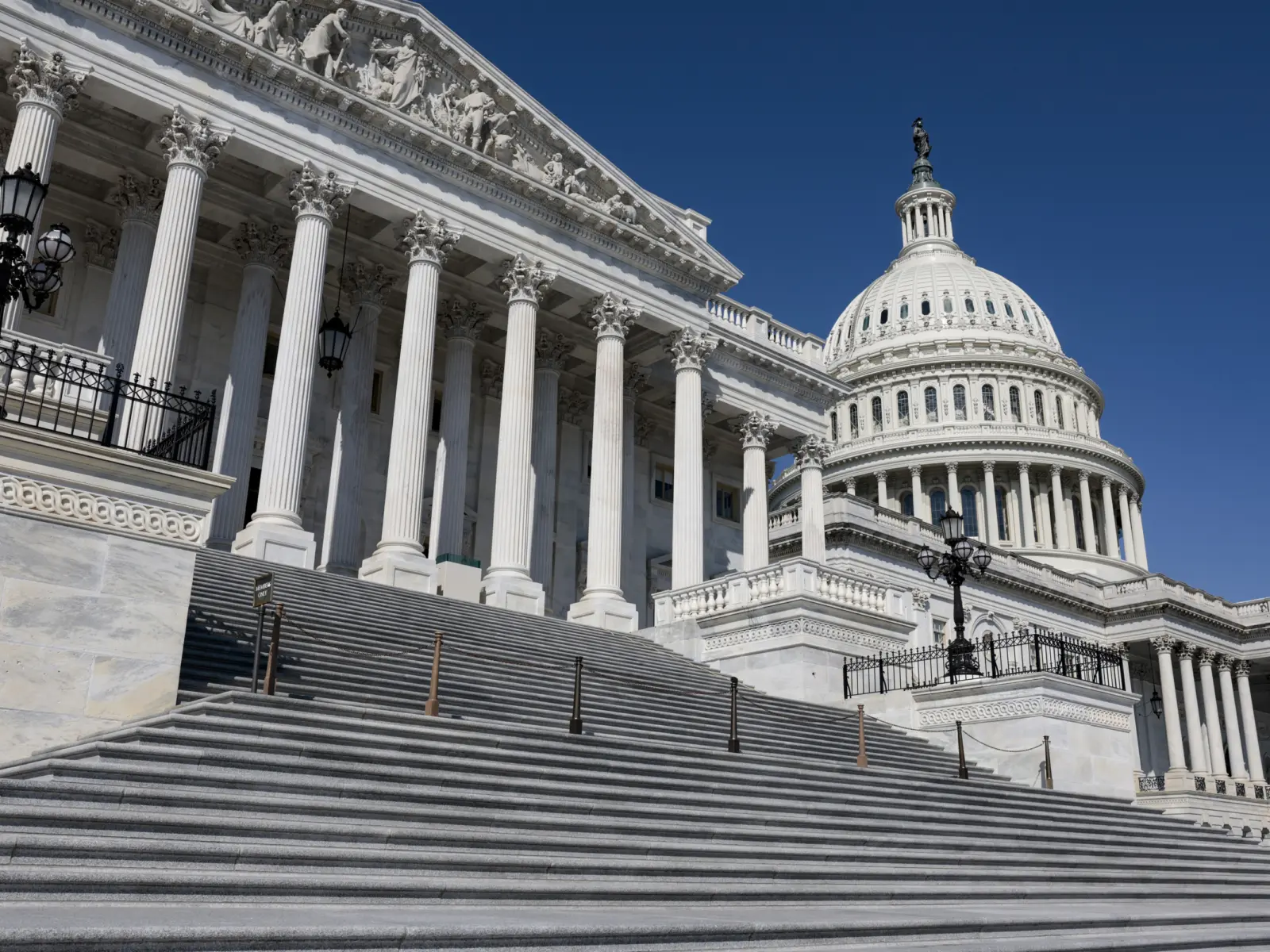At a time when inflation is surging and record-breaking gas prices are slamming the middle class, the sticker shock at the pharmacy counter is not letting up. A shocking 29% of Americans cannot afford or are rationing their prescription drugs. But, Congress has a path to delivering meaningful reforms – and could do so immediately if it chose. Reforms on the table would allow Medicare to negotiate for the prices of prescription drugs, cap seniors’ out-of-pocket expenses in Medicare Part D, and curtail runaway drug price hikes that have long been status quo. At a U.S. Senate Finance committee hearing Wednesday, witnesses testified on the urgent need for Medicare negotiation and members of Congress discussed a variety of solutions to lower drug prices. Here are three key takeaways:
1. “Lowering drug prices is pro-innovation and pro-consumer.”
Expert witness Rena Conti, Ph.D, a health economist with extensive expertise on the pricing, demand, and supply of prescription drugs, said lowering drug prices by negotiating for drug prices in the country’s Medicare program would not harm innovation, as the drug industry claims. Instead, “Lowering drug prices is pro-innovation and pro-consumer,” she told the committee.
“Our system balances innovation with competition,” she said. “Nearly all drugs coming to market are funded through taxpayer funding and negotiation restores the social compact between Americans and pharmaceutical companies.”
Dr. Conti cited the Congressional Budget Office’s cost estimate concluding that the latest House drug pricing proposal would not result in significant reductions to innovation in the next decade: one fewer drug in the first decade; four in a subsequent decade; and five in the decade after that, Conti said. In the same time period, 1,300 new drugs are expected to be approved. New drugs are note the same as new breakthroughs, Conti noted.
“Without reform, one-third of Americans will remain unable to afford the drugs they need to stay alive, locked out of the benefits of existing innovation,” she said.
The drug industry is the most profitable sector in the U.S. economy, staffed with exceptional scientists, Conti said.
“Thus you should feel confident when these companies are forced to compete by innovating they will rise to the moment. Look at COVID.”
2. “We need to lower drug prices now.”
“This has been the longest running battle since the Trojan War,” Senate Finance Chairman Ron Wyden, D‑Ore., said on the fight to lower prescription drug prices. While members of Congress completely disagree on how to lower drug prices, there were statements acknowledging that prices should come down and on the need for bipartisanship. Sen. Chuck Grassley, R‑Iowa, said he wanted to work to advance a bipartisan drug pricing bill, referencing his work on the Grassley-Wyden bill, which had a variety of reforms including a redesigned Part D program and penalties to slow runaway drug price hikes, as well as lower costs for seniors. “If we want to reduce drug prices we need to do it now,” Grassley said. Voters across the political spectrum want lower drug prices. Nearly nine of 10 Republican, Democrat, and Independent voters agree that Medicare should negotiate the prices of prescription drugs.
3. The cost of congressional inaction on drug prices is too high to continue to bear
During these inflationary times, the heavy burden of high drug prices only continues to exact a huge toll on Americans via higher insurance premiums and lower wages, unfilled prescriptions, and higher tax bills. The status quo is not sustainable, said Steffany Stern, the Vice President of Advocacy for the National Multiple Sclerosis Society, whose mother was diagnosed with multiple sclerosis in 1981, and whose dad, at 69, took a job driving a bus to help afford basic expenses. Stern’s parents are also forced to pursue charity dollars to afford their medications. “Forty percent of people with multiple sclerosis surveyed by the MS Society alter the use of their disease-modifying therapies due to cost, including stopping, skipping, or delaying their treatment,” she said.
















